The HudsonAlpha Center for Plant Science and Sustainable Agriculture (Plant Center) applies genomics to plant research to create more sustainable farming practices, address the challenges of climate change, create plants that are resistant to pests and fungi, and much more. The Plant Center was formed to have our trusted experts and thought leaders in the field of plant genomics bring the most advanced techniques of genomic research to plants and agriculture. Our internationally recognized researchers, analysts, and informaticians can provide you with the support you need to plan and execute your plant and agricultural projects.
The Plant Center brings together the unique expertise of its five core members to create diverse ways to apply genomics to solve challenges in modern plant science and agriculture. We can identify problems in the field, discover genomic solutions by combining evolutionary and computational genomics, then apply functional genomics to transform and improve the plant or crop.


Fill out the form below to learn more about collaborating with us
Genomic solutions to some of the world’s most pressing problems
It is predicted that by the year 2050 the world’s population will be 9.7 billion people, nearly 2 billion more than currently inhabit our planet. The world’s land and water resources are finite with population growth placing pressure on these valuable resources. Increasing heat and drought also threaten food security due to their negative impact on crop productivity.
In order to meet the increased need for food without depleting land and water resources, we need crops to produce more output on existing land with fewer inputs like water and fertilizers. So how do we increase the yield potential of crops without taking up more land mass? The answer might lie within the plants’ genomes.
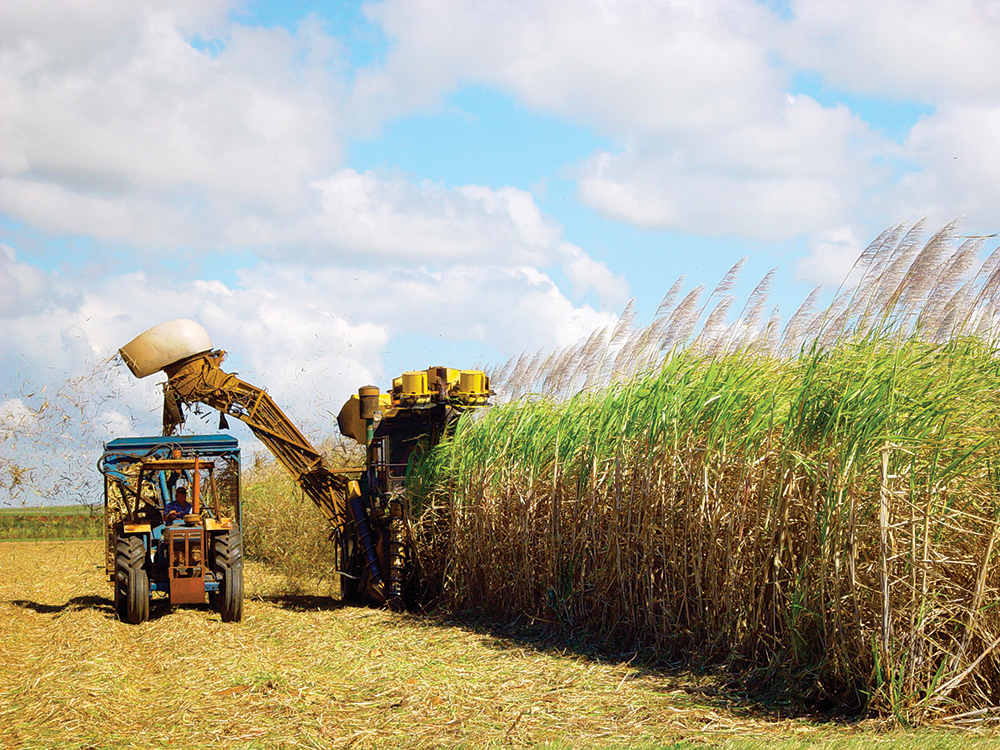
Our Expertise
The five core members of the Plant Center each have unique expertise that combine together to create diverse ways of using genomics to solve challenges in modern plant science and agriculture.
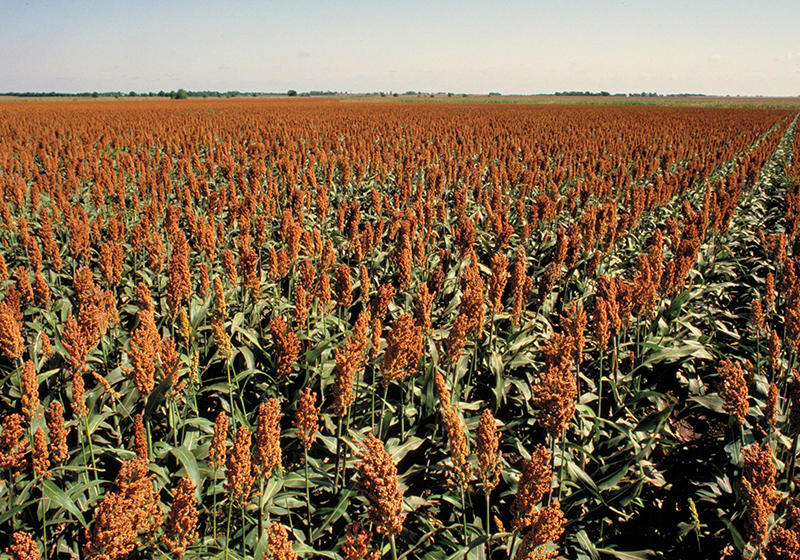
Advanced technologies have given scientists both access to complex plant genomes and the ability to examine genetic differences across thousands of plant varieties. In addition, high-performance computing allows scientists to analyze and integrate these enormous amounts of data. With these new tools and extensive experience in plant genomics, members of the Plant Center are in a unique position to accelerate discoveries in crops and develop new scientific methods that will change the way we grow and use plants in agriculture.

With advances in technology, computational biology, and plant science, members of the Plant Center are able to identify key genes related to important crop traits such as increased yields, drought tolerance, or pest resistance. Together with expert partners such as land grant universities and farmers, the Plant Center can leverage these discoveries for practical use for plant and crop improvement.
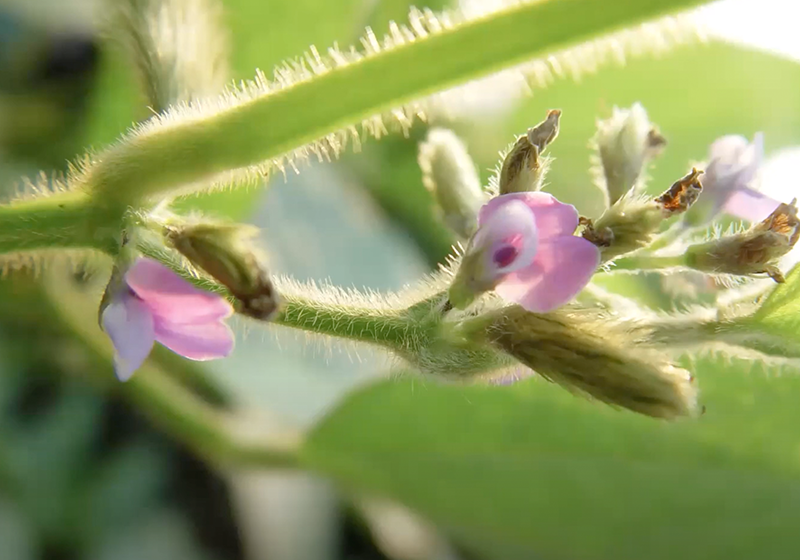
In recent years, rapid advances have been made in the field of precision genome editing and plant biotechnology. These tools allow plant researchers to change a specific base in a gene or replace a gene with a better functioning one. Using traditional breeding to introduce important genetic variation takes many years. Members of the Plant Center can quickly create new, better adapted crop varieties by using these exciting new plant engineering tools.
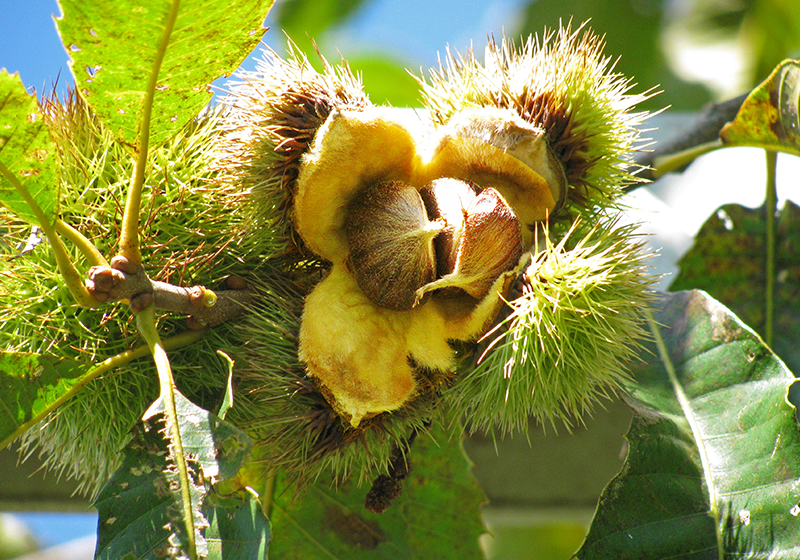
Using the power of genomics and cutting-edge technology to harness new ideas, the Plant Center is identifying unique threats and finding innovative solutions to preserve plants and agriculture for tomorrow. For example, members of the Plant Center are using genome sequencing to help identify chestnut blight pathogen resistance genes in the American chestnut tree which was wiped out by blight in the early 1900s. The resistance gene could help breeders create more resilient American chestnut trees.
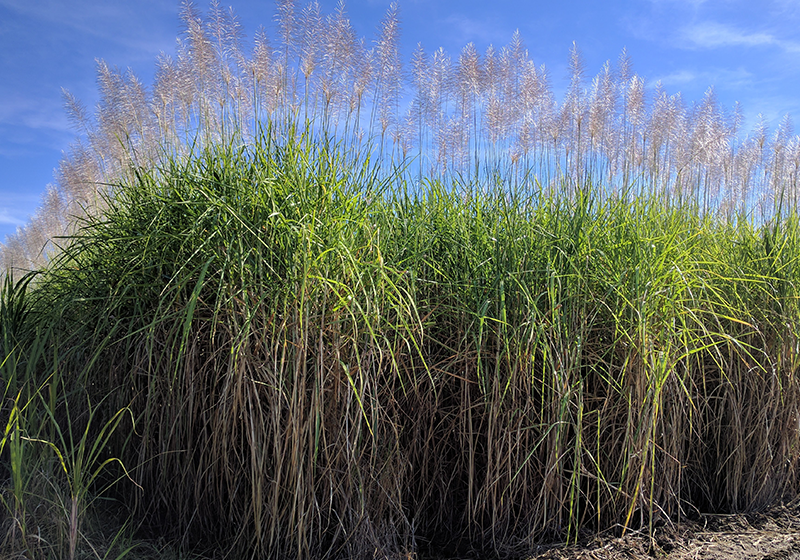
Biofuels, produced from renewable materials like plant matter, are promising alternatives to fossil fuel and have the potential to benefit the environment and decrease the cost of energy. By diversifying our fuel options, this research can help reduce the use of toxic chemicals as well as improve energy security. Members of the Plant Center study bioenergy crops like the perennial grasses Miscanthus and switchgrass. The group is working to understand the biology behind these crops in hopes to identify genes that will help increase their yields and improve their abilities to adapt to extreme environments such as poor soils and drought.

The Plant Center team, along with HudsonAlpha’s Educational Outreach team, aims to mentor and cross train young researchers at the high-school and collegiate level. The team hopes to help significantly increase the retention of young scientists in agriscience and broaden participation of minorities that are underrepresented in STEM fields, especially in agriscience.

Collaborate with us
HudsonAlpha aims to leverage the synergy between discovery, education, medicine, and economic development in genomic sciences to improve the human condition around the globe. The Center for Plant Science and Sustainable Agriculture is just one of the ways we are trying to reach our goal of improving life. To join forces with us at HudsonAlpha, contact us to see how we can collaborate together. To see a few of the other areas where we are collaborating with others, go to: hudsonalpha.org/agriculture/.









